As people reach middle age, their bodily organs begin to age and require careful attention to maintain health and longevity. Black tea, a miraculous beverage bestowed by nature, offers benefits such as clearing heat, relieving summer heat, detoxifying, aiding digestion, reducing fat, promoting diuresis, relieving constipation, dispelling wind, alleviating coughs, and prolonging life. Below is a summary of the various components of black tea and their benefits for middle-aged individuals, helping tea enthusiasts better understand its wonders.
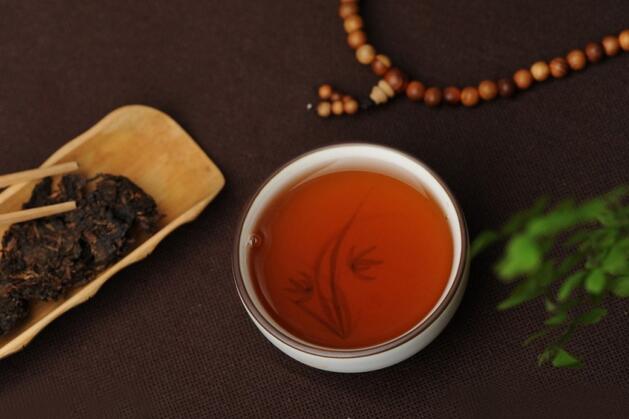
Four Major Benefits of Black Tea for Middle-Aged Individuals
>>>>
1. Aids in Digestion and Cleanses the Intestines
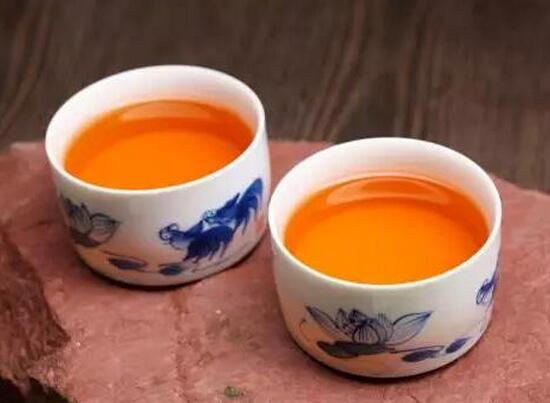
Black tea quickly relieves summer heat and aids digestion, cleansing the intestines. In summer, the digestive system is under heavy strain, often leading to constipation. Drinking black tea helps maintain intestinal health and is hailed as the "internal cleanser" of the body!
>>>>
2. Promotes Diuresis and Detoxification
The caffeine in black tea stimulates the bladder, promoting diuresis and helping to sober up from alcohol. The tea polyphenols in black tea neutralize free radicals from cigarette smoke, reducing its harm. Additionally, tea polyphenols have strong adsorption properties, making tea an effective remedy for heavy metal poisoning.
>>>>
3. Helps Lower Blood Pressure and Blood Sugar
Black tea contains tea polysaccharides, which mimic insulin and help lower blood sugar levels. The polyphenols and their oxidation products dissolve fats, promoting the excretion of lipids from blood vessels and reducing cholesterol levels. Thus, black tea is beneficial for those with high blood sugar.
>>>>
4. Aids in Fat Reduction and Digestion
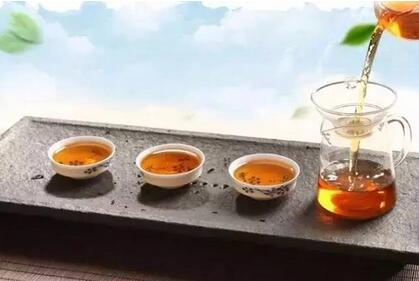
The caffeine, vitamins, amino acids, and phospholipids in black tea aid digestion and significantly inhibit the accumulation of abdominal fat. The vitamin B1 in tea is essential for converting fat into energy, preventing fat buildup.
Five Precautions for Middle-Aged Tea Drinkers
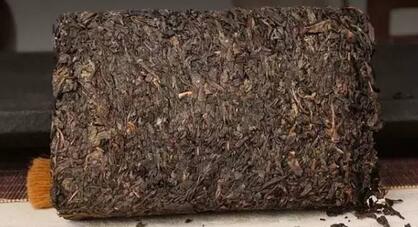
1. Avoid Drinking Tea on an Empty Stomach
Tea's properties can cool the spleen and stomach, akin to "inviting a wolf into the house." Ancient wisdom advises against drinking "hollow tea."
2. Avoid Drinking Scalding Tea
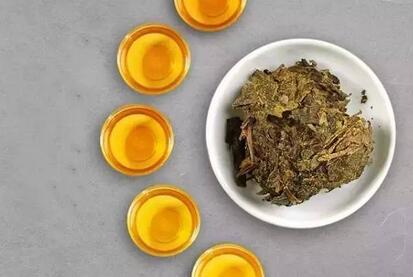
Excessively hot tea can irritate the throat, esophagus, and stomach. Prolonged consumption may lead to organ damage. Studies show that drinking tea above 62°C can harm the stomach lining. The ideal temperature is below 56°C.
3. Avoid Drinking Cold Tea
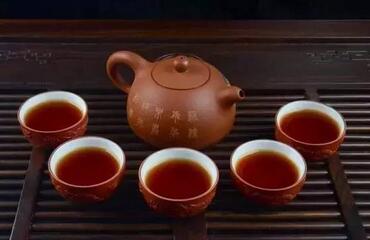
Warm or hot tea refreshes the mind and sharpens the senses, while cold tea can cause stagnation and phlegm accumulation.
4. Avoid Strong Tea
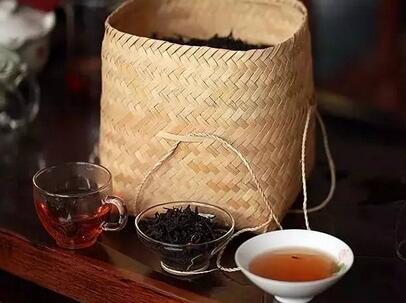
Strong tea contains high levels of caffeine and theophylline, which can overstimulate and lead to headaches or insomnia.
5. Avoid Over-Brewing
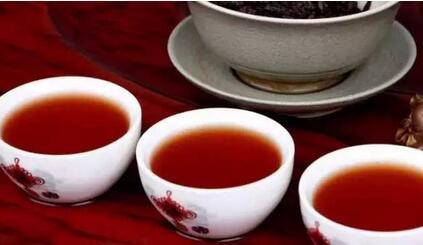
Over-brewing oxidizes tea polyphenols, lipids, and aromatic compounds, resulting in a dull, tasteless, and less fragrant brew. It also reduces the tea's nutritional value and increases microbial contamination.
6. Avoid Too Many Brews
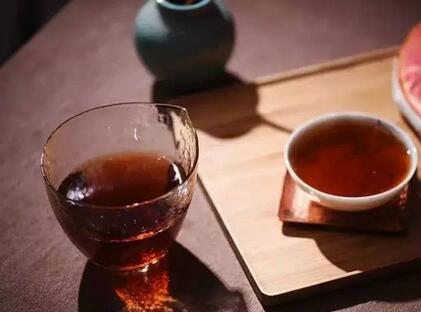
Most teas lose their essence after 3-4 brews. The first brew extracts 50% of the soluble compounds, the second 30%, the third 10%, and the fourth only 1-3%. Further brewing may release harmful substances.
7. Avoid Drinking Tea Before Meals
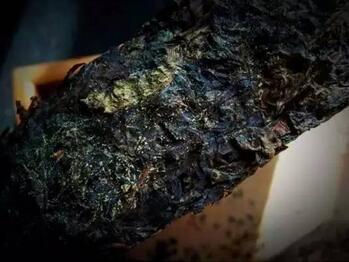
Drinking tea before meals dilutes saliva, dulls taste, and temporarily impairs protein absorption.